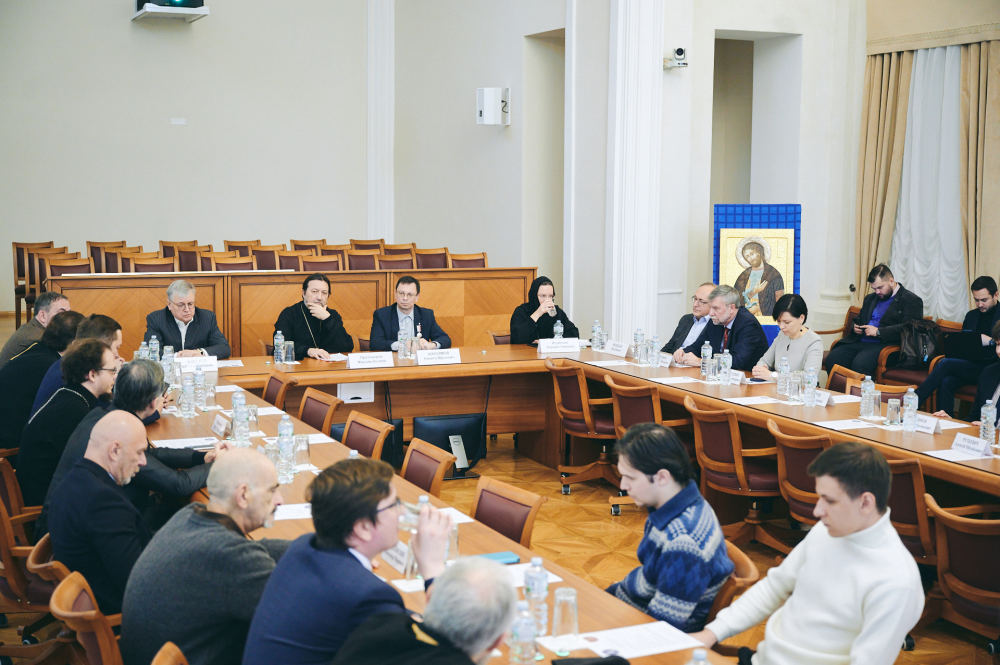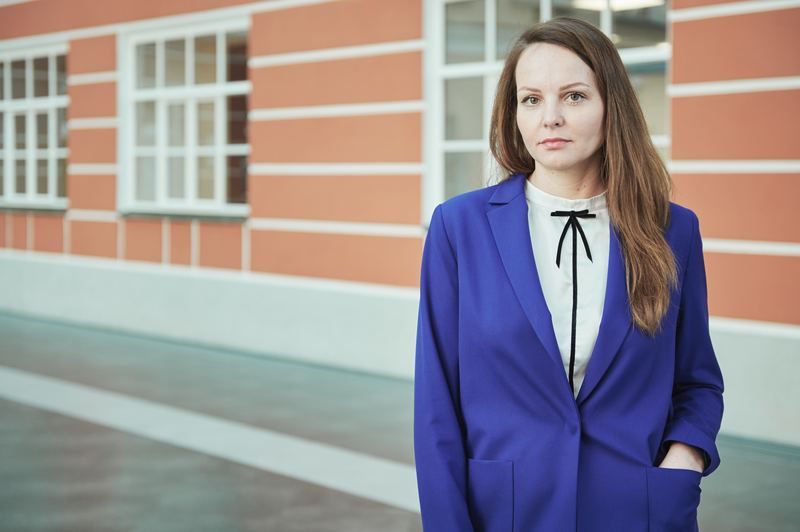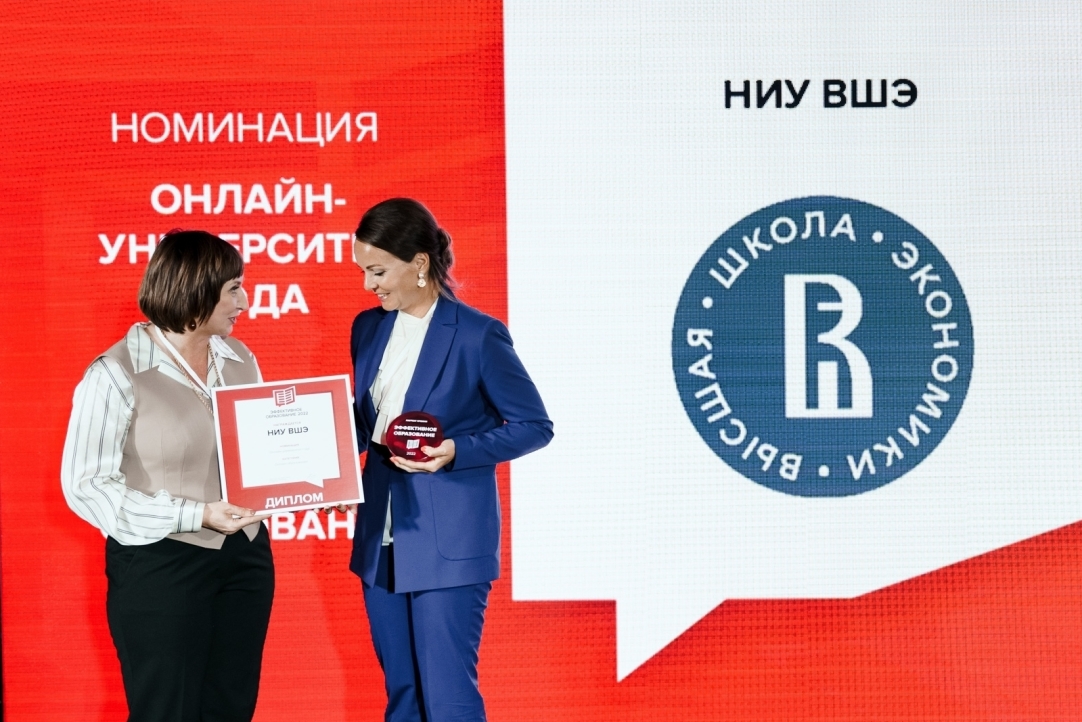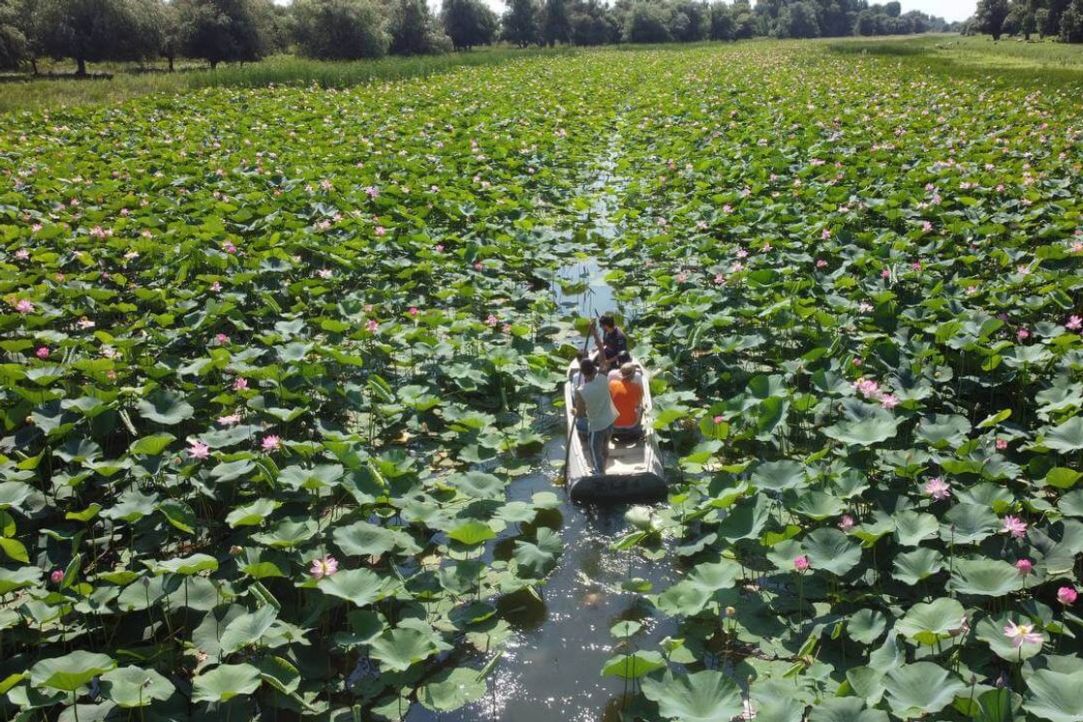
Hybrid Formats and Psychological Education: Russian Education Trends 2023
The results of a study into the impact of global trends on Russian education show that future education will rely on hybrid formats, micro-credentials and dual learning. The study was conducted by the Laboratory for Educational Innovation Research of the HSE Institute of Education in cooperation with the Rosatom State Atomic Energy Corporation. This is the second study on this topic.

Higher School of Economics in Kyrgyzstan to Open in Bishkek
On December 19, HSE Rector Nikita Anisimov and Chairman of the Cabinet of Ministers and Head of the Presidential Administration of Kyrgyzstan Akylbek Zhaparov met in the capital of Kyrgyzstan. The parties agreed to implement a joint project to train staff for the economic block of the government of the republic. As part of the project’s first stage, the Higher School of Economics of Kyrgyzstan will be created on the basis of the Training Center of the Ministry of Finance of Kyrgyzstan with full methodological support from HSE University. This was a new systematic step in expanding cooperation between HSE University and the Government of Kyrgyzstan.

Students of Critical Media Studies Carry out Research on Monsters and Horror
Traditionally, humans have imagined monsters as the exact opposite of themselves: huge, violent, or invisible and soulless beasts. This is apparent in many examples in cinema. However, the image of monsters on the screen transforms with time. A group of Critical Media Studies master’s students organised an event covering the topic of how this transformation takes place at the ‘Playing with Fear: New Image of Monsters in Horror Films’ round table on December 10th.

‘We Managed to Create a Unique Space for Inter-University Cooperation’
HSE University and the Russian Orthodox Church Saints Cyril and Methodius Institute for Postgraduate Studies (IPS) have celebrated a decade of cooperation and signed an agreement to continue their collaboration. Over the years, 45 people have graduated from each of the two joint master's programmes, an inter-campus minor is operating, and the HSE Centre for Religion and Law has been established.

HSE Online to Open Six New Full-time Programmes in 2023
More than 1,500 students currently study at HSE Online, including those from across Russia, Kazakhstan, Belarus, Kyrgyzstan, Azerbaijan, India, China, Germany, and others. Yulia Remezova, Director for eLearning at HSE University, spoke to the HSE News Service about the success of the autumn enrolment session for the university’s digital programmes.

Machine Learning Algorithm to Reduce Tester Workload
Researchers from HSE University and the Russian Technological University (RTU MIREA) have developed an intelligent system to automate software testing on a variety of platforms. Its computer vision feature is capable of recognising elements in a graphical user interface even after a redesign. The details are published in the Journal of the Siberian Federal University.

HSE University Named Online University of the Year
HSE University is among the winners of the All-Russia Effective Education competition and was named Online University of the Year by the expert jury. The competition receives more than 150 applications a year from major education business players and HR industry leaders.
.jpg)
Job-Education Mismatch Reduces Earnings of Russians by up to 14%
About a third of Russians with higher education do not work in the field that they studied, with this indicator being highest in agriculture and service. Researchers from the HSE Laboratory for Labour Market Studies, together with their colleagues from Portugal, have found out that this job-education mismatch results in a salary reduction of between 7 and 14%. The study was published in the Journal of Education and Work.

‘The “Butterfly Effect” Is no Longer an Abstract Idea, but a Reality that You Constantly Observe’
The bachelor’s programme ‘Geography of Global Changes and Geoinformation Technology’ is offered by the Faculty of Geography and Geoinformation Technology, one of the newest at HSE University. One year ago, Yulia Kuznetsova came on as the programme’s academic supervisor. In this interview for the HSE News Service, Yulia Kuznetsova explains her job duties, where HSE geography students do their field work, and why geography itself can make you happy.

‘I Like the Atmosphere on the Campus’
The first semester will come to an end soon. The students have already met their groupmates and lecturers, faced their first exams, and received their first grades. Some international first-year students of the HSE campus in St Petersburg share their impressions of the university and its educational programmes.

